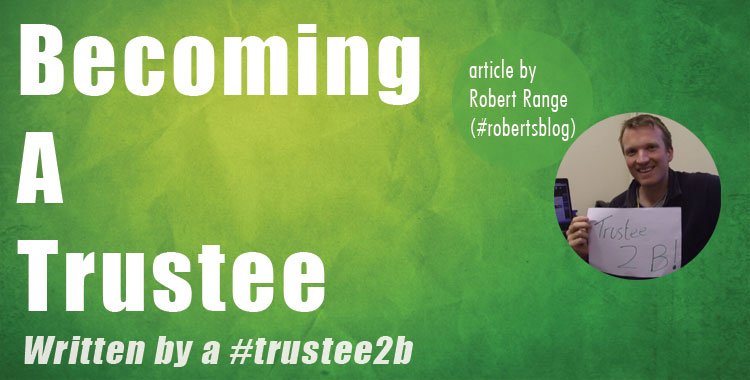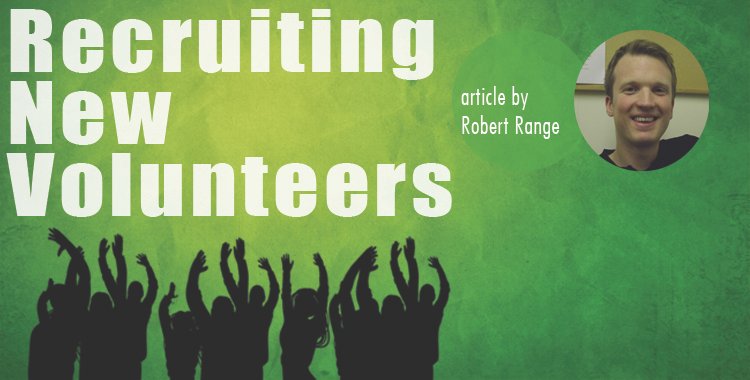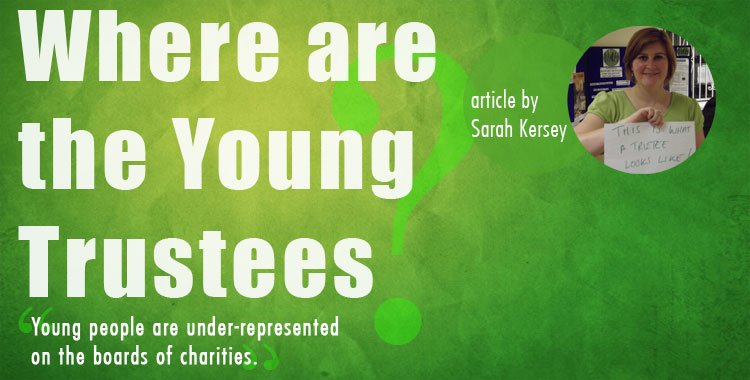The first few weeks after volunteers have been recruited are the most crucial; this is when an organisation makes a lasting impression on the volunteer.
I’ve had good and bad experiences myself when I’ve been recruited as a volunteer that reflected on the amount of time I have spent with them as a volunteer. Luckily, when I was first recruited it was a good experience that meant I didn’t get put off volunteering. In fact it was very much the opposite I became enthralled by it and couldn’t believe I had found something I was so interested in, as I didn’t know what career path to take. I ended up staying with that organisation until this very day and have nothing but positive words to say. On the other hand, something I don’t like talking about that much is the negative experience I had in volunteering. In my opinion this was down to the lack of interest in my skills and more interested in just getting any volunteer in. I also had no support, which was surprising giving the amount of support they give to service user, I could feel myself becoming less and less motivated and, yep, left.
Work ethic of new volunteers starts high and this energy and enthusiasm needs to be maintained if volunteers are going to have any real impact. When anybody starts a new job they feel they are going to change the world, after a few weeks or months this flame soon dies down, but what is interesting is how some people keep this flame burning high and do it for free. I believe it’s a mixture of things that keep volunteers with that energy they had when they first came in, from good management and allowing them to express themselves on a daily basis. making sure you recruit the right person is of course very important, if volunteers have some skills that they can teach the rest of team and the team are genuinely interested, then who wouldn’t love that feeling and want to stay – everybody loves teaching other people about what they are passionate about and good at.
We have just recruited a new volunteer in our marketing department who has injected some energy and creativity in that side of our work. Alex, our new marketing volunteer has fantastic marketing skills, coupled with a bright personality and who is someone eager to learn, the Voluntary and community sector is lucky to have someone like him. The most important thing in the relationship we have with our volunteers is that it is beneficial to both of us so , for example, Alex can gain skills and experience in an environment where he can develop, whilst VAH can benefit from his skills he has and the work he is producing – and its also good for team morale – gives everyone a bit of a kick up the backside when someone new comes in to show off their skills to the volunteer, which also says to them: you can learn here; and we can learn from you.
Recruiting volunteers is different from recruiting employees because employees get paid and will continue to show up even if they are not motivated by the work. I have had paid jobs in the past where even though I have been working with volunteers, I just didn’t like the system, I felt volunteers are being used rather than being a mutual partnership. In this case, the organisation will want them to stay, of course they do, work is getting done, but how does the volunteer feel when they come in and are giving roles that doesn’t match their skills and ambition along with know one talks to them, which is a great way to give indirect support. They are soon going to get de-motivated, and come in less and less that leaves more work to do in recruiting and training again for the organisation. A paid employee will stay because they are getting paid. Volunteers need to be treated with respect and recruiters need to think about how they can motivate them to stick around as their potential will soon be seen by another organisation.
There are many different ways to recruit volunteers now due to the ever increasing use of social media in the workplace. We recruited our volunteer through Gumtree, a new, popular source of recruiting volunteers, which we have had a huge amount of success from. Harrow doesn’t have a full-time volunteer centre at this moment, but one day per week which has been managed by Volunteer Centre Hillingdon. People are now turning to online resources to find placements; organisations are now using Facebook and Twitter to advertise, a free simple way to recruit volunteers. There are also still more traditional places to recruit volunteers like Do-it but we need to be more original when advertising these days. One idea for organisations is to speak to local estate agents and ask them to put an advertisement in newsletters they give to people who are just moving into the borough and who may want to do get involved in the community and meet some new people.
Everyone is different, we all have different skills and interests and it doesn’t matter what age we recruit volunteers we all have expertise, its just hard for organisations trying to target and utilise them effectively. It doesn’t matter what age someone is, if they have some skills we need to let them show it off. As social media is becoming so popular in the workplace these days we need to exploit this and learn from the people who know about this, such as the younger generation. Life’s hard for young people aged between 16-24 when there are no jobs out there, but they have skills that can be put to good use that they can also benefit from. If someone has skills, let them express themselves and listen to their ideas, it also adds a great motivating factor to the rest of the team that also gives the volunteer a great impression that they are volunteering for a vibrant, committed organisation.
Robert Range
[email protected]






